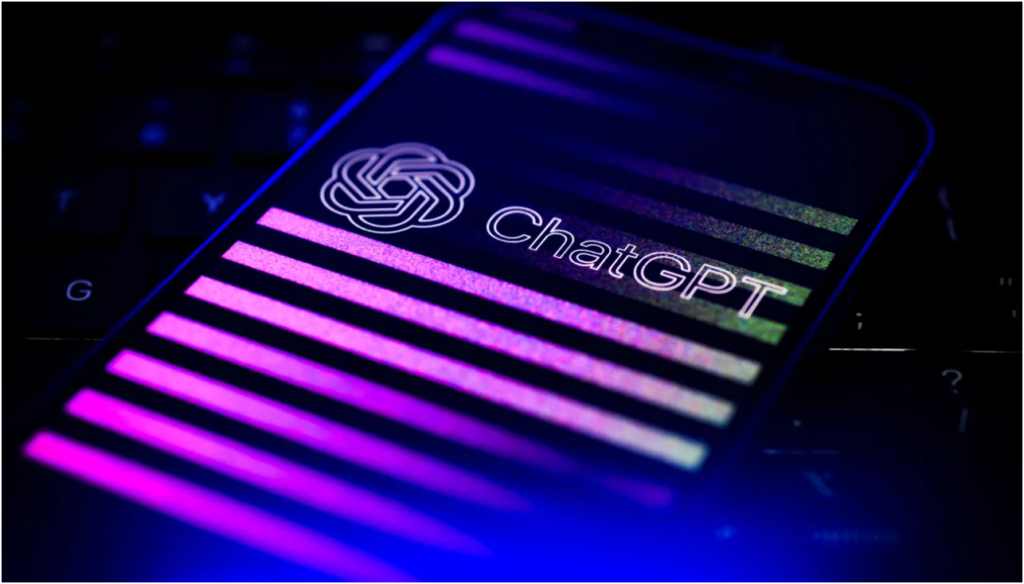|
Getting your Trinity Audio player ready...
|
OpenAI, the company behind the popular chatbot ChatGPT, has unveiled a series of exciting new features, including the ability for users to engage in interactive voice conversations with the AI-powered chatbot. This development, announced on Monday, brings a human-like voice to ChatGPT, allowing users to request bedtime stories, settle debates, and more with the AI.
In a blog post on Monday, OpenAI teased the potential applications of this new voice feature, suggesting users could “request a bedtime story for your family or settle a dinner table debate” with ChatGPT. This voice capability brings ChatGPT into line with voice assistants like Amazon’s Alexa and Apple’s Siri.
A demo shared by OpenAI showcases the power of this update. In the demo, a user asks ChatGPT to craft a story about “the super-duper sunflower hedgehog named Larry.” The chatbot responds by narrating a story with a human-sounding voice and can also answer questions related to the story, such as “What was his house like?” and “Who is his best friend?”
OpenAI explained that ChatGPT’s voice feature is “powered by a new text-to-speech model capable of generating human-like audio from just text and a few seconds of sample speech.” The company collaborated with professional voice actors to create five distinct voices for the chatbot.
In addition to voice conversations, OpenAI is introducing a feature that allows ChatGPT to respond to prompts involving images. For example, users can snap a picture of the contents of their fridge and ask ChatGPT to help plan meals based on the available ingredients. Furthermore, the chatbot can focus on specific parts of an image using its “drawing tool” within the app.
These new features are set to roll out within the next two weeks for subscribers to ChatGPT’s Plus and Enterprise services. The Plus subscription, priced at $20 per month, offers enhanced access to ChatGPT, while the Enterprise service is exclusively available to business clients.
OpenAI’s latest updates for ChatGPT come amid a competitive AI arms race in the tech sector, driven in part by the public launch of ChatGPT last year. In recent weeks, major tech companies have been racing to integrate AI-powered tools into their core products. Google recently announced updates to its ChatGPT competitor, Bard, while Amazon unveiled a generative AI-powered update for its Alexa voice assistant. These developments reflect the ongoing innovation and evolution in the field of artificial intelligence, with OpenAI remaining at the forefront of these advancements.
